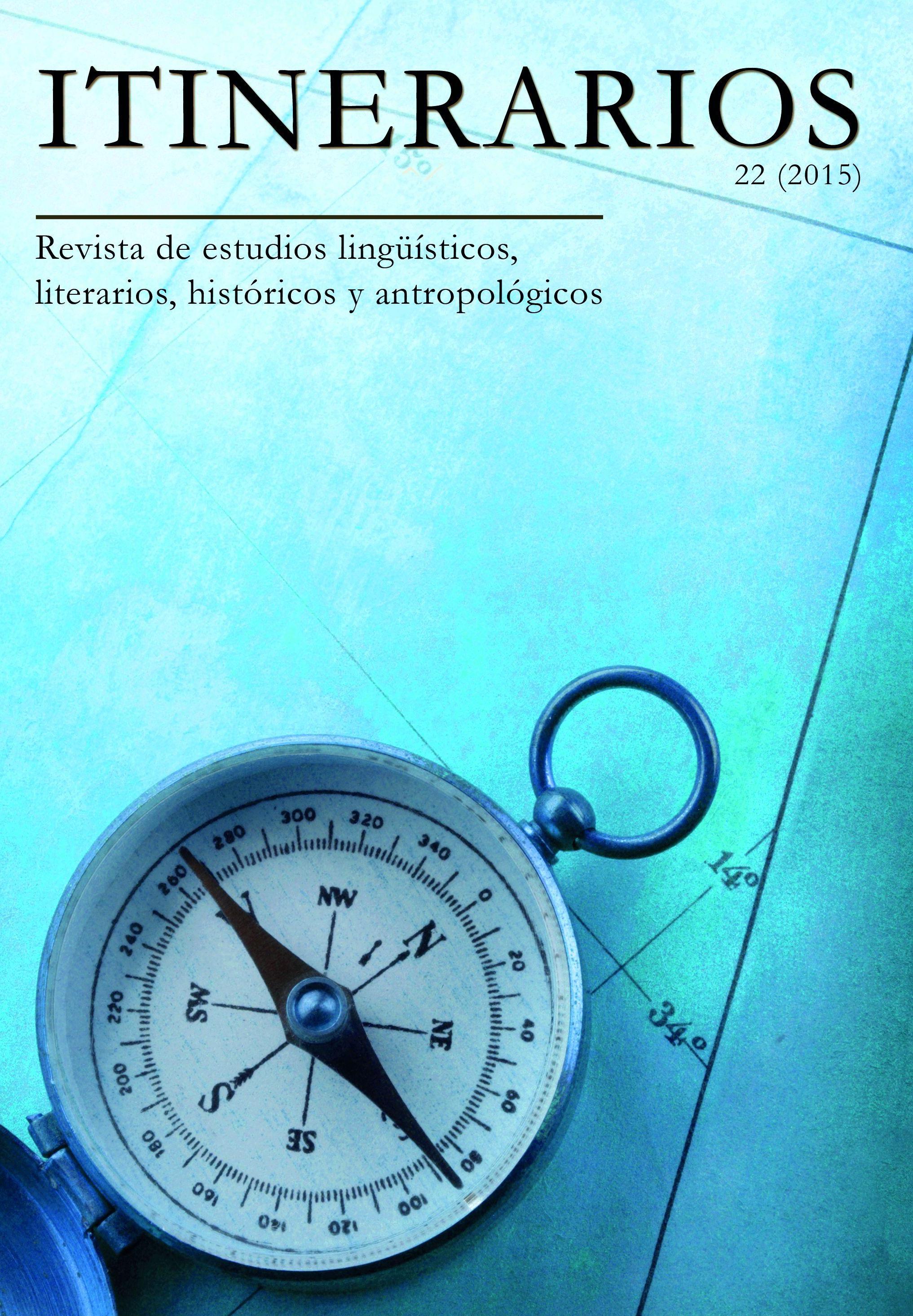Sobre la creciente presencia de la perífrasis ir a + infinitivo en el sistema temporal del castellano contemporáneo
About the Increasing Presence of Periphrasis ir a + infinitive in the Temporal System of Contemporary Spanish
Author(s): Witold SobczakSubject(s): Language and Literature Studies
Published by: Instytut Studiów Iberyjskich i Iberoamerykańskich, Wydział Neofilologii, Uniwersytet Warszawski
Keywords: linguistic change; temporal system; posteriority; temporal displacement; ir a + infinitive; future
Summary/Abstract: The aim of this article is to comment on the increasing presence of the verbal periphrasis ir a + infinitive. Despite being traditionally associated with the replacement of the synthetic future (cantará) and post-preterite (cantaría), it turns out that this construction, when combined with the paradigms of the present (va a cantar) and co-preterite (iba a cantar), and followed by the auxiliary verb haber, is able to acquire, at least in some contexts, temporal and modal values of the compound forms (habrá cantado and habría cantado). Furthermore, it seems that its frequent usage with the forms of the indicative intensifies the usage of periphrasis with the present and co-preterite subjunctive (vaya a cantar and fuera/fuese a cantar). According to the results of our own analysis, we cannot exclude at this point the possibility of the coexistence between these two forms and cante and cantara respectively, which may resemble the one observed between canta and va a + cantar. All of this allows us to conclude that we deal with a periphrasis of huge potential whose expansion limits, to a greater or lesser extent, the usage of the tenses denoting posteriority in the Spanish language.
Journal: Itinerarios
- Issue Year: 2015
- Issue No: 22
- Page Range: 129-142
- Page Count: 14
- Language: Spanish

